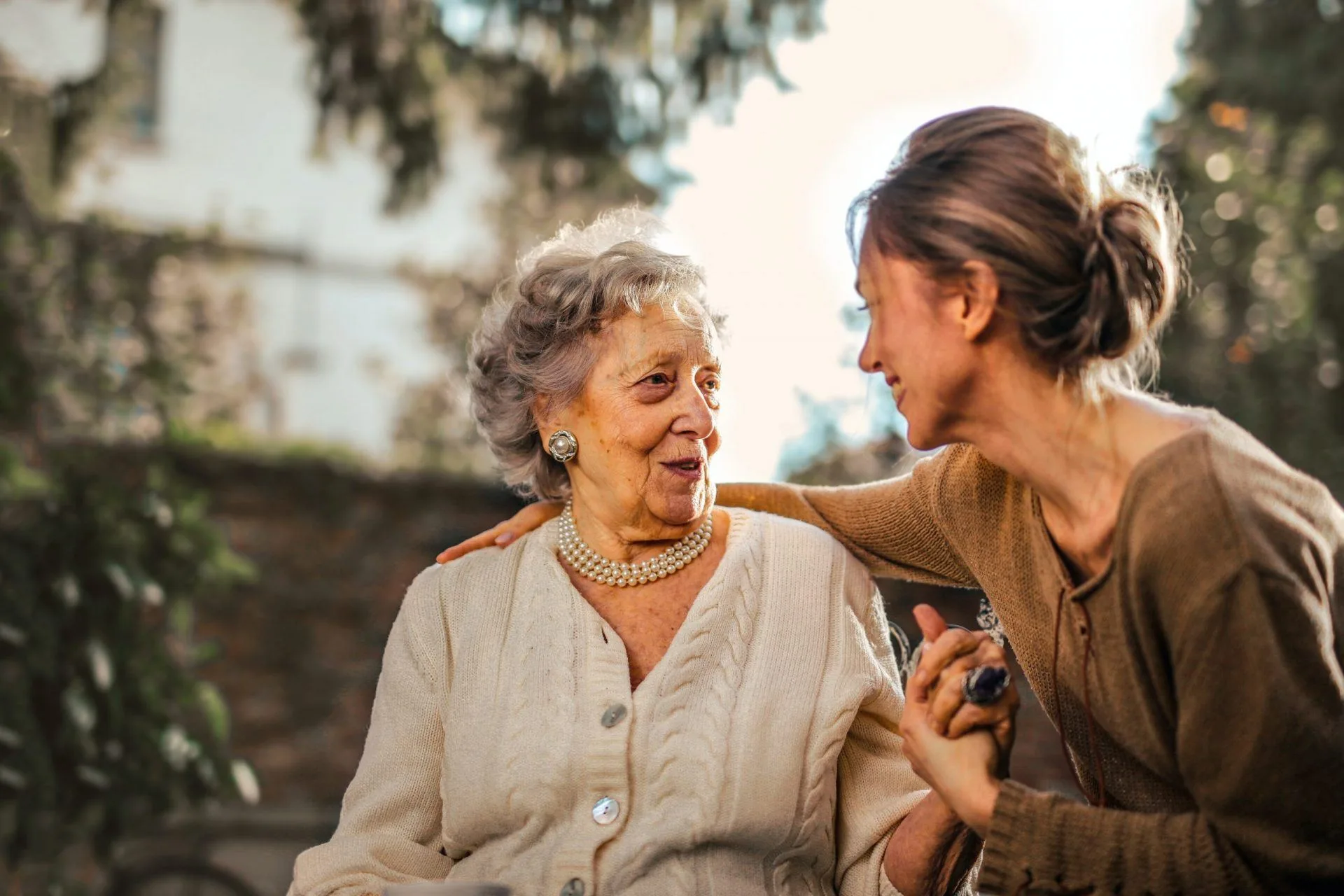Dementia, we’ve all heard the word but what actually is it, and is there any possible way to prevent mental decline. New studies have suggested that diet and exercise may be able to lower your risk of developing dementia. Could this possibly be true? If so, what exactly do we need to do in order to prevent it?
What is dementia?
 Dementia is essentially an umbrella term that describes an overall decline in cognitive function. According to Healthline, dementia is a mental impairment. To be diagnosed as such, it must affect at least two of the following brain functions:
Dementia is essentially an umbrella term that describes an overall decline in cognitive function. According to Healthline, dementia is a mental impairment. To be diagnosed as such, it must affect at least two of the following brain functions:
- Memory
- Thinking
- Language
- Judgment
- Behavior
Despite what many believe, dementia isn’t a disease. Instead, it is really caused by a variety of illnesses or injuries. Mental impairment associated with dementia doesn’t have to be very severe to be justified for the diagnosis. Dementia can also cause personality changes and some forms are progressive and get worse over time. Some forms of dementia are reversible. However, many experts argue that these reversible impairments cannot be described as dementia.
Could diet and exercise be a preventative measure?
A clinical trial in Australia seems to suggest just that. The trial has been running for the past three years and includes 6000 middle-aged and/or elderly Australians. The trial itself is called Maintain Your Brain and is one of 30 similar current or planned studies. Essentially, the aim of the trial is to test whether adopting a healthy lifestyle will aid in the prevention of cognitive decline, as well as whether it improves overall brain health. It seems thus far that lifestyle does indeed play a massive role. Both in how the brain deteriorates and the rate of that deterioration.

Dragana Gordic/Shutterstock
The Lancet commission is an international group of doctors and psychiatrists. In 2020, the commission estimated that the risk of developing dementia can be reduced by 40% simply by making healthy lifestyle changes. The commission highlighted multiple factors. The most prominent of which were diabetes, high blood pressure, smoking, as well as obesity, and lack of exercise. Unfortunately, most of the studies associated with diet and exercise to prevent dementia are only observational.
A meaningful study on Dementia
For a study to be of any real importance in this field, it needs to be carried out over many years. These types of studies are the most costly which, in turn, makes them very rare. The reason for studying dementia over the course of multiple years is that it’s a slow-developing condition. In fact, the only study to show that lifestyle changes have any impact on the development of dementia was the Advanced Cognitive Training for Independent and Vital Elderly trial.

Photo by cottonbro from Pexels
It was launched in the 1990s and had a test group of 700 elderly people who underwent cognitive training for six consecutive weeks. Ten years later, when the group was tested, they had a 6% lower incidence of dementia than participants who received no training.
Prevention rather than cure
Recent years have seen scientists desperately trying to develop drugs to treat Alzheimer’s disease. Unfortunately, the most recent of the promising candidates saw failure in the clinical trial phase. Neuropsychiatric and epidemiologist Kristine Yaffe of the University of California explained to Science Magazine that the focus is now more on prevention than cure. This includes public health campaigns that suggest living a healthy lifestyle is likely to prevent mental decline.
Could the Mediterranean diet be the answer?
The Mediterranean diet refers to how the people in countries that border the Mediterranean Sea eat. These countries include Greece, Italy, Spain, and France. People in these regions seem to eat better, live longer, and are, overall, healthier. Many scientists now believe that the Mediterranean diet could also be the answer to preventing dementia and lessening mental decline over time. Many think that the reason the Mediterranean diet is so good for cognition is that it is heavy in olive oil, fish, and whole grains but light on red meat and sugars.
Once again, however, this is purely based on observational studies thus far. A study has been ongoing for 3 years, which is set to finish later in 2021. The study is based on a combination of Mediterranean and DASH diets (focused on reducing blood pressure). The study focused on 600 people over the age of 60 who are at high risk of developing dementia. This could provide evidence that scientists have been searching for diet changes for dementia prevention.
The takeaway

Koldunov/Shutterstock
It seems that, overall, studies that focus on only one area of health as a means of reducing the risk of dementia are problematic. Instead, the solution seems to be a combination of intervention methods such as overall lifestyle and habits such as diet and exercise. In any case, it will only become clear in the next 10 or so years whether any of these interventions actually work. Ultimately, a healthy diet and regular exercise can never be a bad thing. Whether it helps with the prevention of dementia, we’ll find out in the years to come. In the meantime, it’s always best to stay as healthy as possible and speak to your doctor about any concerns or major lifestyle changes.
References
https://www.healthline.com/health/dementia
https://www.helpguide.org/articles/diets/the-mediterranean-diet.htm
https://health.usnews.com/best-diet/mediterranean-diet
https://www.medicalnewstoday.com/articles/149090
https://www.everydayhealth.com/mediterranean-diet/scientific-health-benefits-mediterranean-diet/





![women [longevity live]](https://longevitylive.com/wp-content/uploads/2020/01/photo-of-women-walking-down-the-street-1116984-100x100.jpg)










